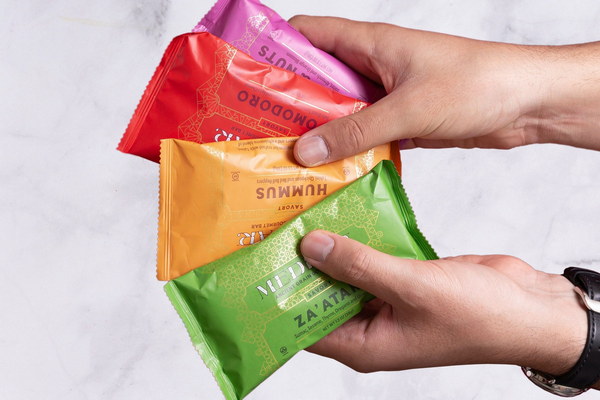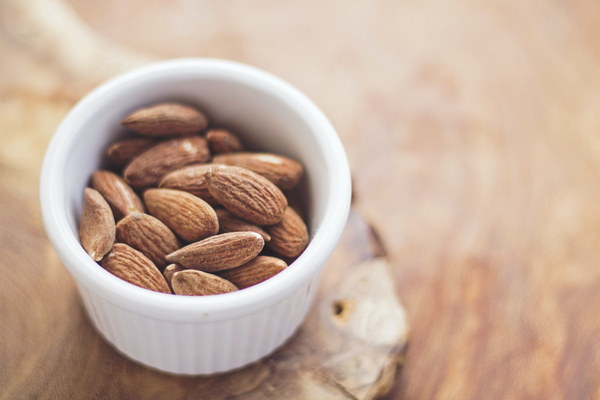A Comparative Analysis The Differences Between Yingyang Qingfei and Feining Granules
In the realm of traditional Chinese medicine, there exists a multitude of herbal remedies designed to treat various ailments. Two of the most popular respiratory medications are Yingyang Qingfei and Feining Granules. While both are used to treat respiratory conditions, they differ in their composition, usage, and effectiveness. This article aims to provide a comprehensive comparison between these two herbal remedies.
1. Composition:
Yingyang Qingfei is a Chinese herbal formula that primarily focuses on clearing heat and promoting the expulsion of phlegm from the lungs. It is composed of natural ingredients such as Platycodon grandiflorus, Scutellaria baicalensis, and Forsythia suspensa. These herbs work synergistically to alleviate symptoms such as cough, wheezing, and chest tightness.
On the other hand, Feining Granules is a traditional Chinese medicine formula designed to nourish the lungs, reinforce the body's defense mechanisms, and improve respiratory function. The main ingredients in Feining Granules include Codonopsis pilosula, Astragalus membranaceus, and Panax notoginseng. These herbs work together to enhance the immune system, reduce inflammation, and improve lung function.
2. Usage:
Yingyang Qingfei is primarily used for treating acute respiratory infections, such as bronchitis, pneumonia, and colds. It is effective in clearing heat and phlegm, thereby reducing the severity and duration of these conditions. It is typically taken in the form of capsules or tablets, and the recommended dosage varies depending on the patient's condition and age.
Feining Granules, on the other hand, is more suitable for chronic respiratory conditions, such as chronic bronchitis, asthma, and chronic obstructive pulmonary disease (COPD). It is designed to strengthen the immune system and improve lung function over an extended period. Feining Granules are usually taken in the form of granules that are mixed with water and consumed several times a day.

3. Effectiveness:
The effectiveness of Yingyang Qingfei and Feining Granules depends on the individual's specific condition and their response to the medication. In general, Yingyang Qingfei is more effective in treating acute respiratory infections, as it targets the heat and phlegm within the lungs. Patients with these conditions often experience relief from symptoms such as cough, wheezing, and chest tightness after taking Yingyang Qingfei.
Feining Granules, on the other hand, is more beneficial for chronic respiratory conditions. It helps to improve lung function and strengthen the immune system, which can lead to a reduction in the frequency and severity of respiratory attacks. Patients with chronic respiratory conditions may experience long-term benefits from taking Feining Granules.
4. Side Effects:
Both Yingyang Qingfei and Feining Granules are generally considered safe and well-tolerated. However, as with any medication, there may be some side effects. The most common side effects of Yingyang Qingfei include gastrointestinal discomfort, such as nausea or diarrhea. In rare cases, allergic reactions to the ingredients may occur.
Feining Granules may also cause gastrointestinal discomfort, as well as mild dizziness or headache in some individuals. Again, allergic reactions to the ingredients are possible, though they are rare.
In conclusion, Yingyang Qingfei and Feining Granules are both effective herbal remedies for treating respiratory conditions. However, they differ in their composition, usage, and effectiveness. Yingyang Qingfei is more suitable for acute respiratory infections, while Feining Granules are better for chronic respiratory conditions. It is essential for patients to consult with a healthcare professional before starting any new medication, as they can provide personalized advice based on the individual's specific condition.









